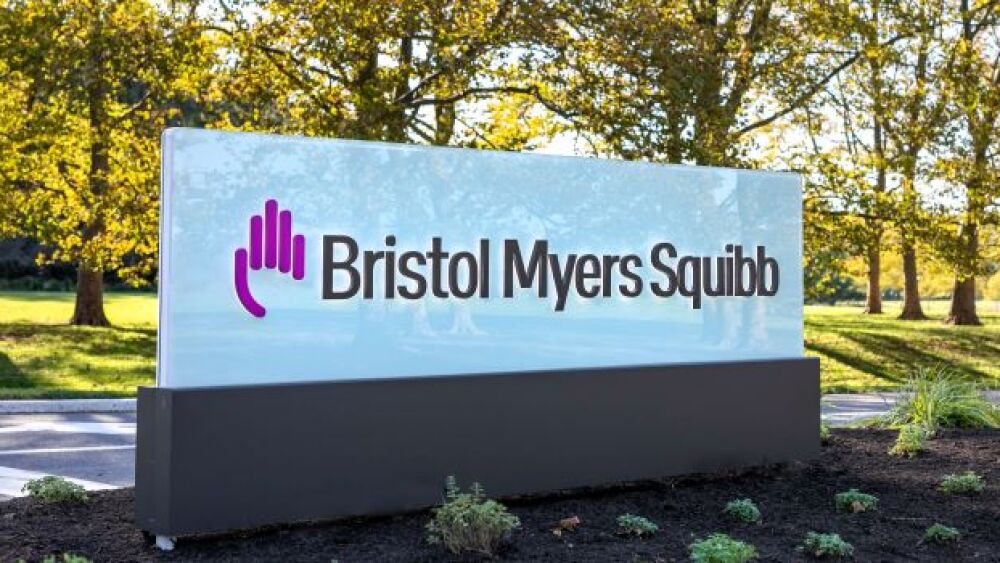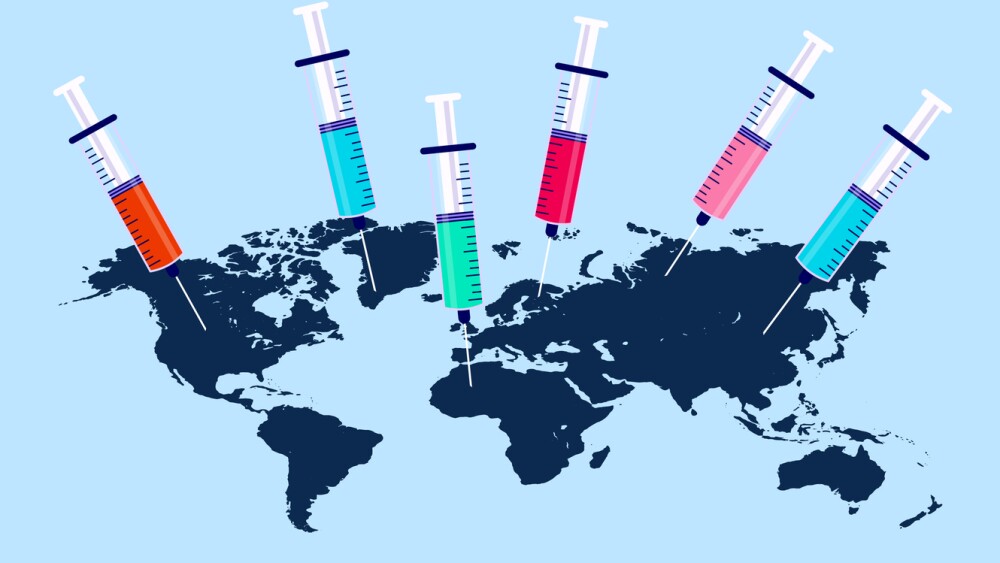BMS is looking to hire “several hundred employees over the next few years,” all working to ensure the production of both their clinical and commercial cell therapies.
Photo courtesy of Bristol Myers Squibb.
Bristol Myers Squibb (BMS) announced plans this week for a new manufacturing plant.
The new Devens, MA site will be adding to their cell therapy network consisting of their locations in Bothell, WA, Warren and Summit, NJ, and even some contract partners located in Europe and Japan. As such, BMS is looking to hire “several hundred employees over the next few years,” all working to ensure the production of both their clinical and commercial cell therapies.
The new 244,000 square-foot manufacturing plant will be dedicated to the development, operations and manufacturing of cell therapies, including the recently approved Breyanzi. The facility will focus on the successful commercialization of Breyanzi first, and then will explore future cell therapy products and launches. BMS believes that this expansion will accelerate career development for their current and future employees.
Earlier this month, BMS announced that the Food and Drug Administration (FDA) had approved Breyanzi, which is BMS’ latest chimeric antigen receptor (CAR) T cell therapy. Breyanzi is a lisocabtagene maraleucel (liso-cel) that is used for the treatment of adult patients with relapsed or refractory large B-cell lymphoma.
This long-awaited nod from the FDA came after several regulatory delays and manufacturing issues. The manufacturing issues were brought about by the laborious and extensive production of CAR-T drugs such as Breyanzi.
Unlike other drugs, the doses of Breyanzi offered to patients are individually formulated. The production starts with the patient’s own T cells, which are extracted, genetically modified and then administered back to the patients to kill the lymphoma cells.
The FDA approval of Breyanzi came after the multicenter clinical trial, which involved 268 patients with refractory or relapsed (R/R) large B-cell lymphoma (LBCL) who received Breyanzi. This was the largest pivotal trial in third-line plus R/R LBCL that included patients with a broad range of histologies and high-risk disease.
In the trial, Breyanzi demonstrated a 73% overall response rate and 54% complete response (CR) rate. However, serious adverse reactions occurred in 46% of patients, including severe side effects such as cytokine release syndrome (CRS). Because of the risk of CRS and neurologic toxicities, Breyanzi is being approved with a Risk Evaluation and Mitigation Strategy (REMS) which includes Elements to Assure Safe Use (ETASU).





